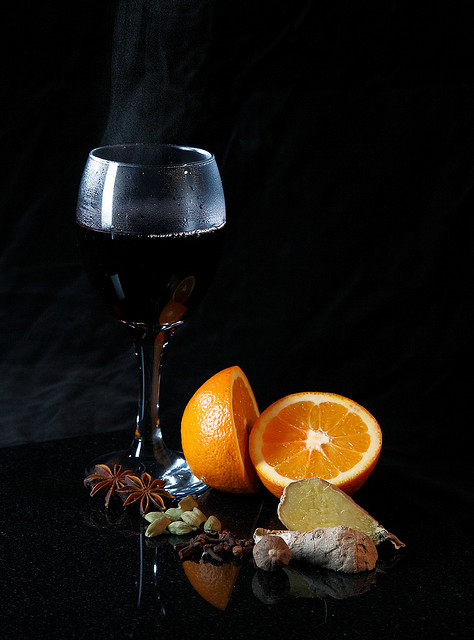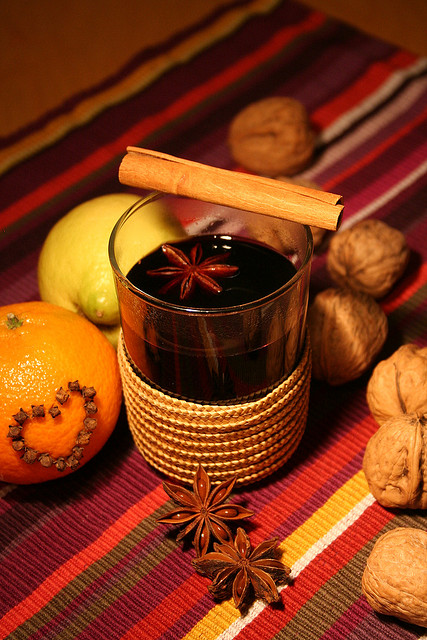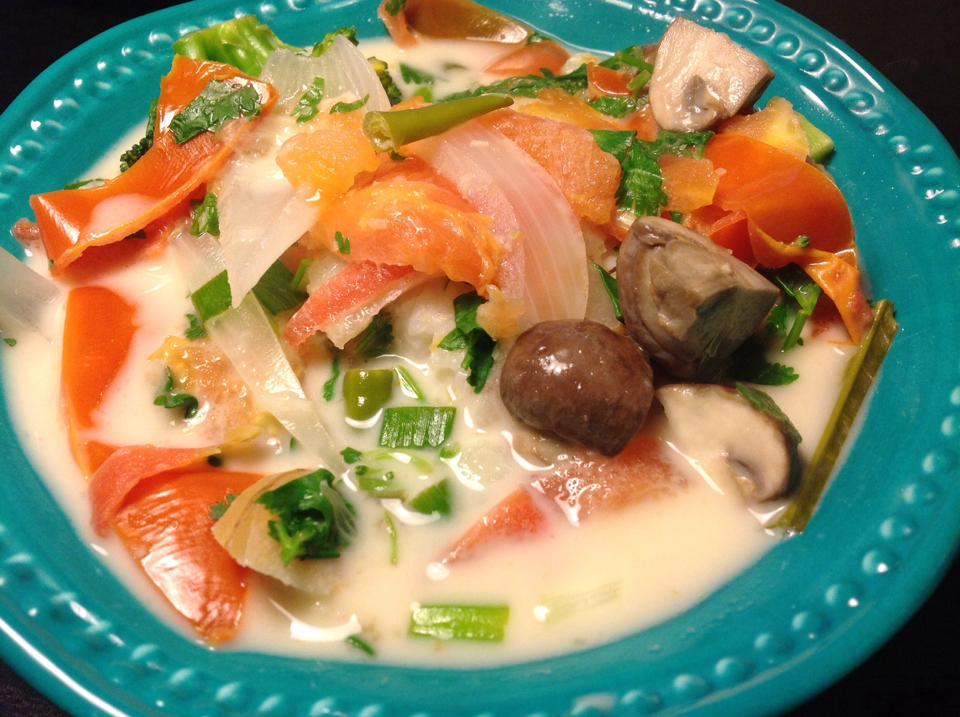 It’s been a long week. Your boss just reprimanded you for your coworker’s error, the dog just destroyed your favorite pair of shoes, and your upstairs neighbors seem to be hosting a week-long rager, complete with loud music and a generous amount of stomping. Yes, the only thing on your agenda tonight is a behemoth glass of wine and your favorite movie. Before pouring that first glass, however, you should know that all wines are not created equal. In fact, most wines are refined with a host of animal products, adding a dose of cruelty to this otherwise delicious beverage.
It’s been a long week. Your boss just reprimanded you for your coworker’s error, the dog just destroyed your favorite pair of shoes, and your upstairs neighbors seem to be hosting a week-long rager, complete with loud music and a generous amount of stomping. Yes, the only thing on your agenda tonight is a behemoth glass of wine and your favorite movie. Before pouring that first glass, however, you should know that all wines are not created equal. In fact, most wines are refined with a host of animal products, adding a dose of cruelty to this otherwise delicious beverage.
Why is most wine not vegan?
Sunlit vineyards, rolling fields in the Italian countryside, and large wooden barrels. These are the images conjured when we think about the lovely liquid that is wine. True, this beverage is made from yeast and grape juice sugars that are eventually converted to alcohol. However, did you know that wine also undergoes a clarifying process called ‘fining’, during which tiny molecules are coagulated and removed? The agents responsible for attracting these molecules are generally animal byproducts, and include casein (a protein derived from milk), albumin (egg whites), gelatin (protein produced from boiling animal parts) and isinglass (fish bladder protein). Though the finished product does not contain these ingredients, there may be trace amounts of the refining agent that are absorbed into the wine.
Vegan-friendly wines
Thankfully, there are alternatives to the traditional refining process. Winemakers can now use bentonite (a clay-based agent), activated charcoal, plant casein, limestone, and vegetable plaques to achieve the clear aesthetic that wine lovers adore. Some wine manufacturers are even opting to avoid fining their wines altogether, simply allowing them to self-clarify and self-stabilize.
So, how does one know which wines are vegan and which ones aren’t? There are numerous online resources, but my personal favorite is Barnivore, which not only includes a comprehensive list of vegan-friendly wines, but also recommends liquor and beer brands. If you plan to visit a store, try to seek out one that offers a wide selection of organic and natural wines. The staff who work in these stores will be much more knowledgeable about the ethics involved in wine selection and will be able to provide better insight.
Once you’ve selected the perfect cruelty-free bottle, try your hand at this fantastic mulled wine recipe, which will be perfect for any holiday celebration. As your guests imbibe and swoon over this drink, make sure to tell them it was concocted sans cruelty to animals!
 Vegan Mulled Wine (recipe modified from Imbibe Magazine)
Vegan Mulled Wine (recipe modified from Imbibe Magazine)
Ingredients
1 bottle of inexpensive (vegan) red wine (visit Barnivore for a list of vegan reds)
2 sticks cinnamon
5–6 whole cloves
1/2 tsp. ginger root, coarsely grated
1/2 tsp. nutmeg, coarsely grated
5 pods cardamom, cracked
Zest of half an orange or lemon
1/2 cup (vegan) brown sugar (maple syrup or agave is a great substitution)
1/4 cup brandy
Garnish: lemon wedge
Tools
12-inch square cheesecloth
Non-reactive pot (don’t use aluminum—the wine’s acids can react with it and add an unpleasant metallic taste)
Stove top or hot plate
Zester
Ladle
Warm mugs
Wrap the spices and citrus zest in a large piece of cheesecloth, approximately 12 inches square, tying a knot to seal the bundle. Place the spice sack in non-reactive pot. Pour the wine into the pot and add the brandy. Simmer over low heat, stirring occasionally. When the mixture is warm, stir in the sugar or syrup. Don’t let the mulled wine boil, or you risk cooking out the flavors. Leave over low heat for about 30 minutes while the flavors meld. Continue stirring occasionally. When the liquid is steaming lightly, it is ready to serve. Ladle into warm mugs. Have lemon wedges and extra sugar on hand so guests can squeeze in extra acidity if they want to cut the sweetness or add more sugar to indulge a sweet tooth. Note: Adjust ingredients and proportions to personal taste, but don’t let the sweetness overwhelm the wine’s acidity or the drink will be cloying.
Serves six.
Also by Molly: Orthorexia – Dangers, Stigma, and Compassion
Giving Yoga a Chance – Part II
Also in Beverages: Fall Cocktails You’ll Love
___
Photo: Ian Hayhurst via Flickr; Noema Perez via Flickr




